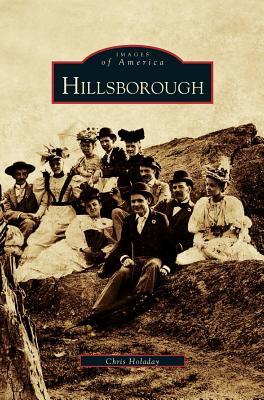English colonists founded Hillsborough in 1754 where the Great Indian Trading Path crossed the Eno River. By the late 1760s, the town was at the center of the Regulator Movement, which challenged the local Colonial government. When the colonies decided to break from England, a town resident named William Hooper signed the Declaration of Independence. During the war that ensued, the British army briefly occupied the town and fought skirmishes in the surrounding area. After the war, prominent citizens gathered in Hillsborough for the Constitutional Convention of 1788 to determine the course of the new nation. Less than a century later, another armed conflict involved Hillsborough; leaders of the last great Confederate army camped in the town and discussed surrender in 1865. Their decision to lay down arms essentially ended the most tragic chapter in American history.

English colonists founded Hillsborough in 1754 where the Great Indian Trading Path crossed the Eno River. By the late 1760s, the town was at the center of the Regulator Movement, which challenged the local Colonial government. When the colonies decided to break from England, a town resident named William Hooper signed the Declaration of Independence. During the war that ensued, the British army briefly occupied the town and fought skirmishes in the surrounding area. After the war, prominent citizens gathered in Hillsborough for the Constitutional Convention of 1788 to determine the course of the new nation. Less than a century later, another armed conflict involved Hillsborough; leaders of the last great Confederate army camped in the town and discussed surrender in 1865. Their decision to lay down arms essentially ended the most tragic chapter in American history.